Pass or fail, this referendum will surely leave us worse off


As leader of the Opposition, and then as prime minister, I fully supported the principle of constitutional recognition that John Howard had first pledged in the lead-up to the 2007 election and that’s been bipartisan policy ever since.
I didn’t support the Gillard-era proposal that section 51 (26) of the constitution might be changed to replace the commonwealth parliament’s “race power” with a power to make laws “for the benefit” of Indigenous people because this would have invited the High Court to adjudicate on the actual beneficence of any such law.
Seeking an alternative, in July 2015, I jointly chaired, with the then Opposition leader, a roundtable of about 40 Indigenous leaders to chart a process that might lead to a better proposal. The plan that emerged was to have a series of consultations, not just among Indigenous people, but among the wider community too (because the constitution belongs to everyone) in the hope of putting to the people a proposal that might readily succeed on the 50th anniversary of the successful 1967 referendum to count Indigenous people in the census.
Unfortunately, it was only the Indigenous half of that consultation process that ultimately took place under my successor.
This culminated in the 2017 Uluru Statement from the Heart that called for so much more than just constitutional recognition. It sought an Indigenous “voice to parliament” in order to given Indigenous people much more say on the workings of government, as well as treaties between the Australian government and so-called “First Nation” groups, plus a “truth-telling” commission to uncover and to publicise further injustices that Indigenous people had suffered.
In other words, the original, all-but-universally-supported proposal to recognise Indigenous people in the constitution had morphed into a much larger proposal for a series of ongoing changes that were not only supposed to make governance more responsive to Indigenous people, but to change the understanding of Australian history.
At least, that’s what then prime minister Malcolm Turnbull judged had taken place when he declined to support the voice on the grounds that it would amount to a third chamber of the parliament.
Though Turnbull says that he has changed his mind and now supports the voice, he still admits it would be “an enormous change to the way our parliamentary system works”, because, as Anthony Albanese has conceded, it would have to be a very “brave” parliament and government that didn’t accept its advice.
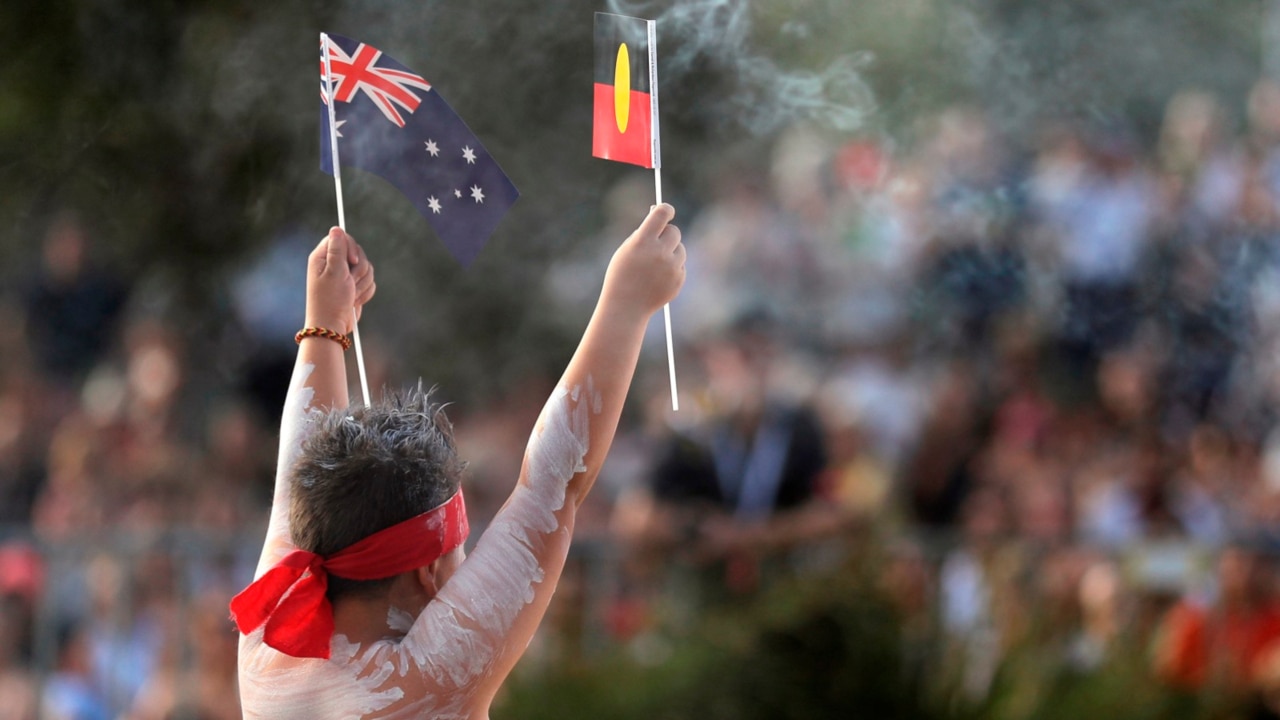
In my judgment, there are four massive issues with this concept of Indigenous recognition by way of a voice. First, it’s a race based-body comprising only Indigenous people. Unless the government is to nominate or the parliament is to select the members of the voice, there would presumably have to be a race-based electoral roll determining who could stand for election and who could vote for the voice’s members. This would give Indigenous people two votes: first, like everyone else, a vote for the parliament itself; and second, in a right that’s uniquely theirs, a vote for the voice. If governments were in the habit of making decisions for Indigenous people without their input, or if the parliament were devoid of Indigenous representation, there might at least be an argument for such a special Indigenous body. As it’s happened though, constitutionally entrenching a separate Indigenous voice when there are already 11 individual Indigenous voices in the parliament, and when there’s arguably “analysis paralysis” from a surfeit of Indigenous consultation mechanisms already, is a pretty strange way to eliminate racism from our constitution and from our institutional arrangements.
Second, it would vastly complicate the difficulties of getting legislation passed and anything done. If the voice chooses to have a view on anything at all that touches Indigenous people, that view would have to be taken very seriously by government; indeed, as the PM has admitted, it would be a veto, in fact, if not in theory.
Third, in the event that an Indigenous person or entity were aggrieved by a government that failed to give the voice a chance to make representations on any issue, or that then ignored it, there could readily be an application to the High Court to rule that the constitution had been breached. This is the likely consequence of importing into the constitution such a vague-yet-portentous concept as a “voice” (as opposed to one described as an advisory body or a commission), especially one that’s said to be the means of putting an end to centuries of marginalisation. At the very least, the existence of a voice could import further delay into the finalisation of legislation or decision-making as it’s given adequate time to investigate and come to its conclusions.
Fourth, the whole point of Indigenous recognition is to address a gap in what’s otherwise been an admirable constitution and, in so doing, to help to complete the reconciliation of Indigenous people with modern Australia. There could hardly be a greater setback to reconciliation than a referendum that fails. Yet that is the likelihood – at least based on the record of previous attempts to change the constitution – in the absence of substantial bipartisan support. Although the Coalition’s Indigenous affairs spokesperson has previously been an in-principle supporter of a voice, the new Coalition senator for the Northern Territory, the proud “Celtic Warlpiri Australian” woman Jacinta Price, has expressed deep scepticism about a proposal with so much of the detail thus far omitted, with so much potential for ineffective posturing, and that defines people by racial heritage.
The only way the current proposal could succeed would be by playing to Australians’ unease over Indigenous dispossession and desire to be on “the right side of history”. Even so, were figures such as Price and the former ALP national president and Liberal candidate Warren Mundine to figure prominently in any “no” campaign, it’s hard to see the voice winning over a majority of the people plus a majority of the states.
My strong hope is that the government might reconsider the wisdom of putting a proposal that’s problematic in principle, doubtful in practice, and probably doomed to fail. It would be a pity, though, were the whole bid for constitutional recognition to founder because it had become a proposal pushed by activists who sought too much. In my judgment, there is a proposal that could succeed because it passes the test of successful constitution-making: namely, having something for everyone but not too much for anyone.

On quite a few occasions as prime minister, including at a “recognise” dinner in December 2014, I described Australia as having “an Indigenous heritage, a British foundation, and a multicultural character”. These days, because multiculturalism is a contested concept, I’d prefer to substitute the term “immigrant char-acter”. My inclination, back then, depending on how the consultations had developed, would have been to propose an amendment to the constitutional preamble, so that it would henceforth read “Whereas the people …. humbly relying on the blessing of Almighty God, have agreed to unite in one indissoluble federal commonwealth, with an Indigenous heritage, a British foundation, and an immigrant character, under the crown …. and under the constitution hereby established”.
The amendment would add words that were self-evidently true; that had the potential to speak to everyone, whether descended from Indigenous people or the latest arrival; that provided a good shorthand description of Australia; and that could hardly be mischievously judicially misapplied to interfere with the processes of governing. It also had the advantage, I thought, of building on Noel Pearson’s concept of the “pillars” on which modern Australia rests, with the degree of emphasis that might be given to each one of them a matter for individual choice.
I can understand why many Indigenous leaders would want constitutional change to go beyond the symbolic in order to produce better outcomes for their own people, and hence the call for their own unique voice to which the parliament should defer. But better outcomes are ultimately the product of better attitudes, and these are more likely to be engendered by a generous acknowledgment of all the elements that have made modern Australia such a special place than by creating yet more elements of government based on Indigenous ancestry.
Based on what we currently know, the voice is wrong in principle, almost sure to be bad in practice, and unlikely to succeed in any referendum. If it fails, reconciliation is set back. If it succeeds, our country is permanently divided by race. Hence the fundamental question: why further consider something that would leave us worse off whichever way it goes?
This is an edited version of the former prime minister’s chapter in Beyond Belief? Rethinking the Voice to Parliament, published this month by Connor Court.
Chris Kenny will moderate “It’s the voice, do we understand it?” at News Corp’s Beyond ’23 event on Tuesday.

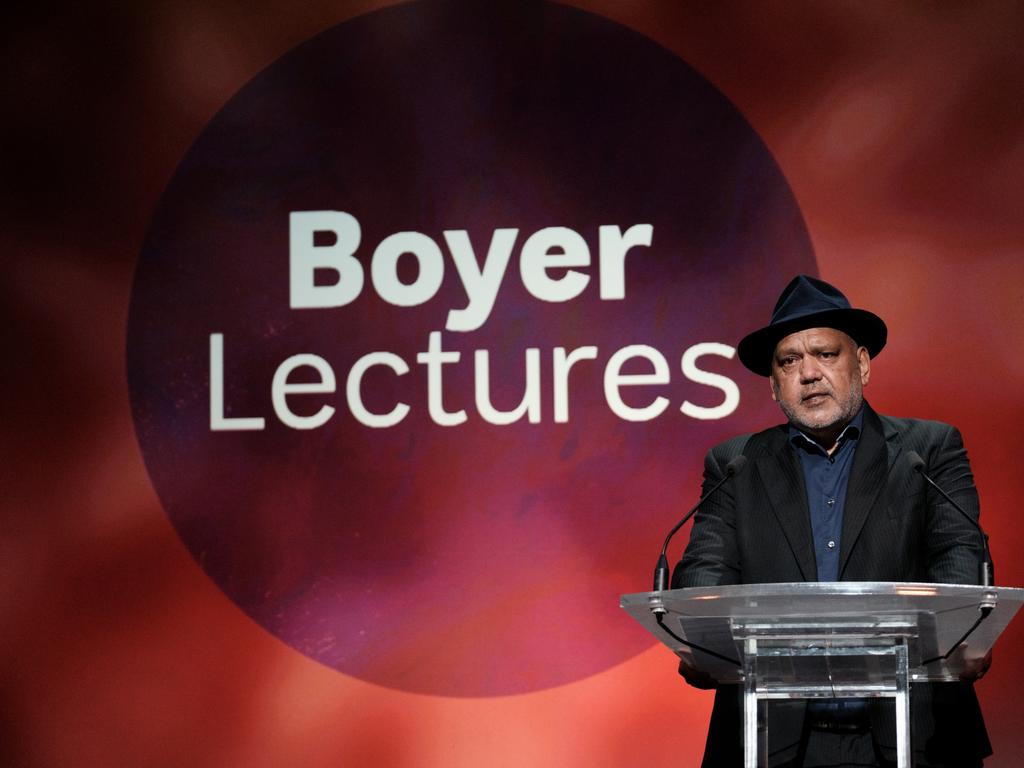
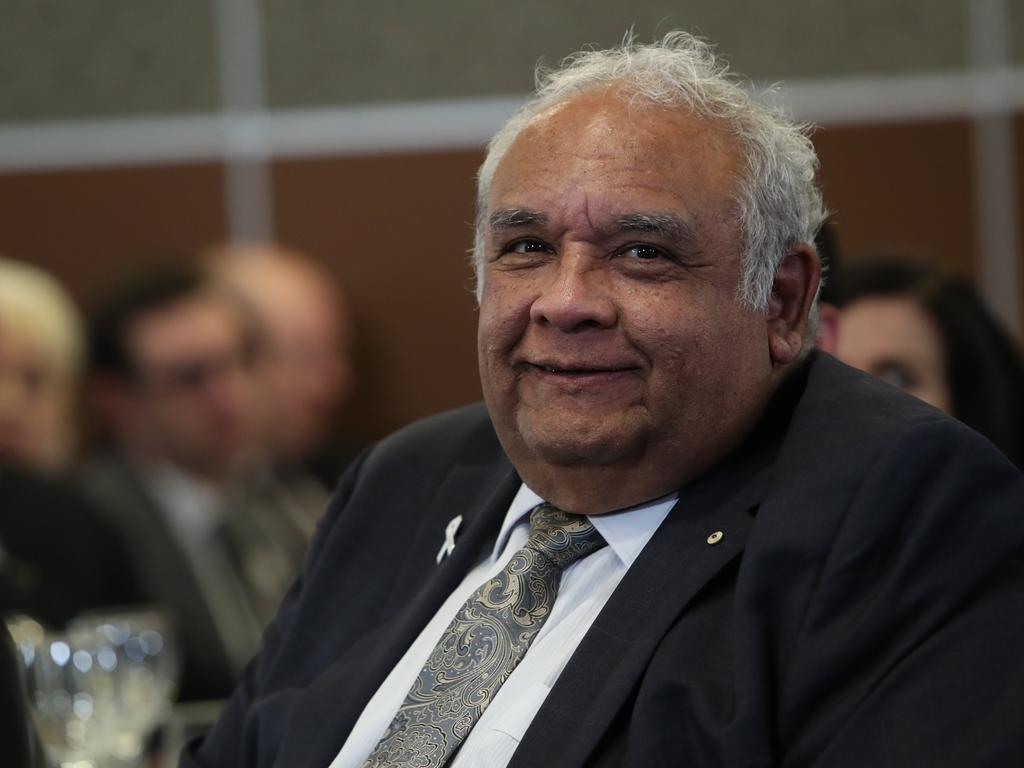
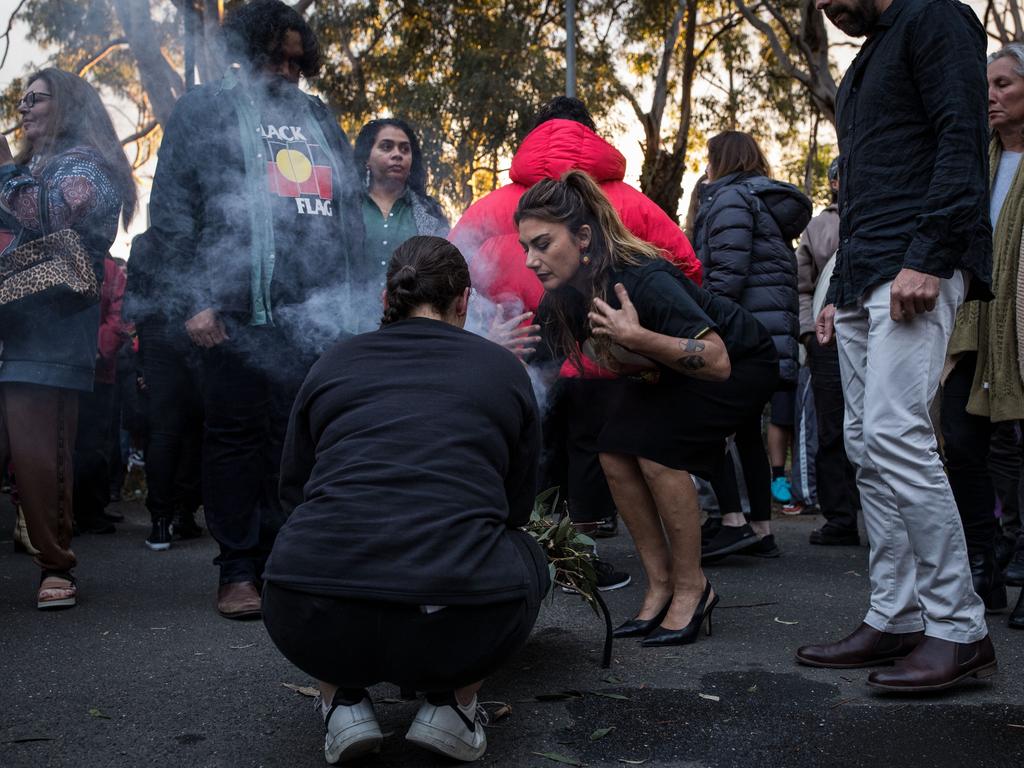
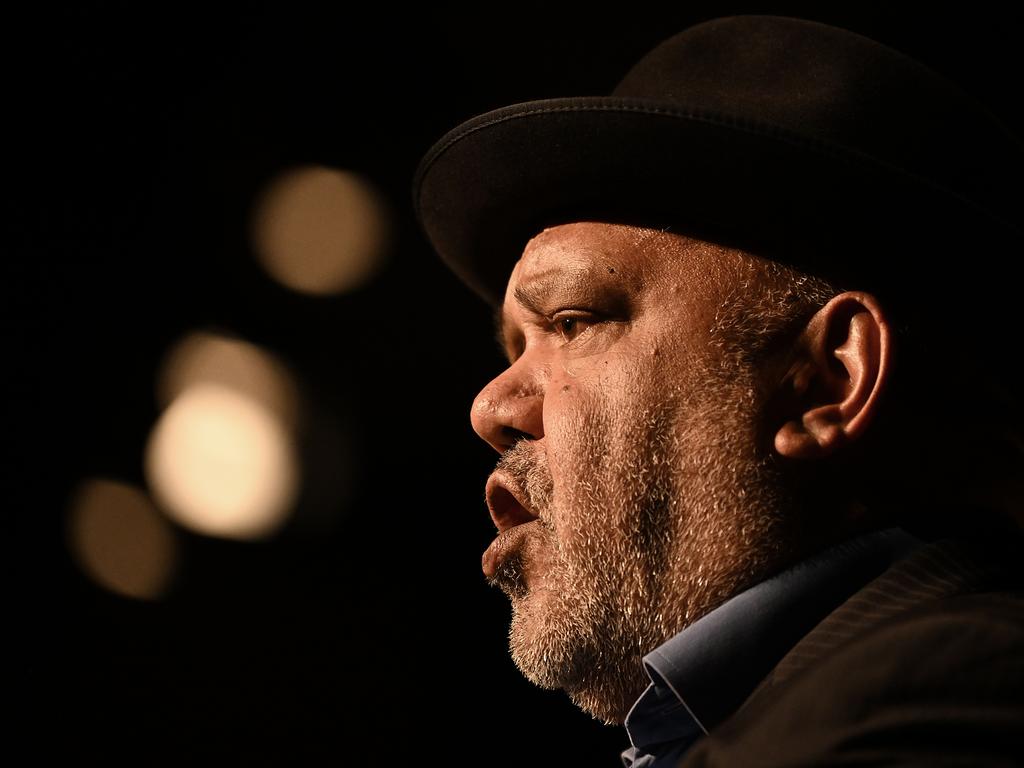


Recognising Indigenous people in the constitution is well worth doing, but only if it’s done in ways that don’t damage our system of government and don’t compromise our national unity. Done well, recognition would complete our constitution rather than change it. Done badly, recognition would entrench race-based separatism and make the business of government even harder than it currently is.